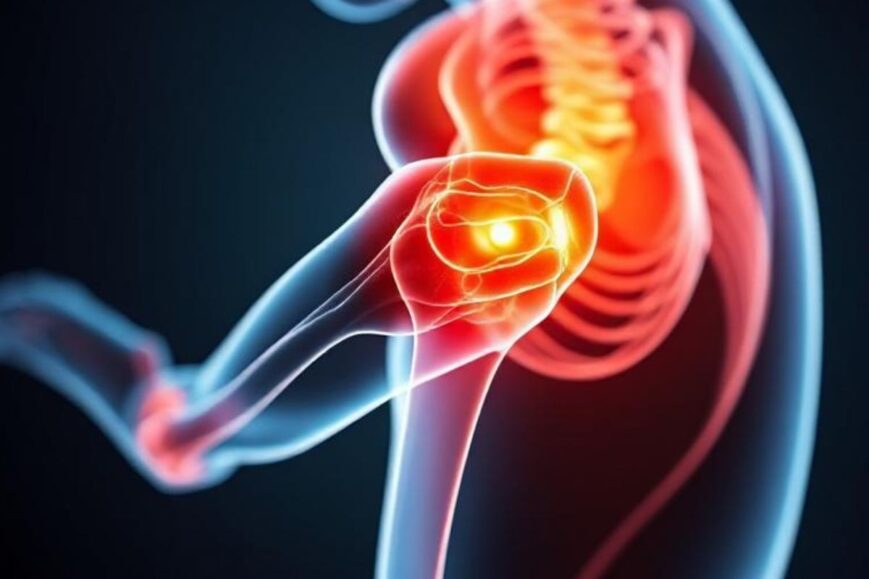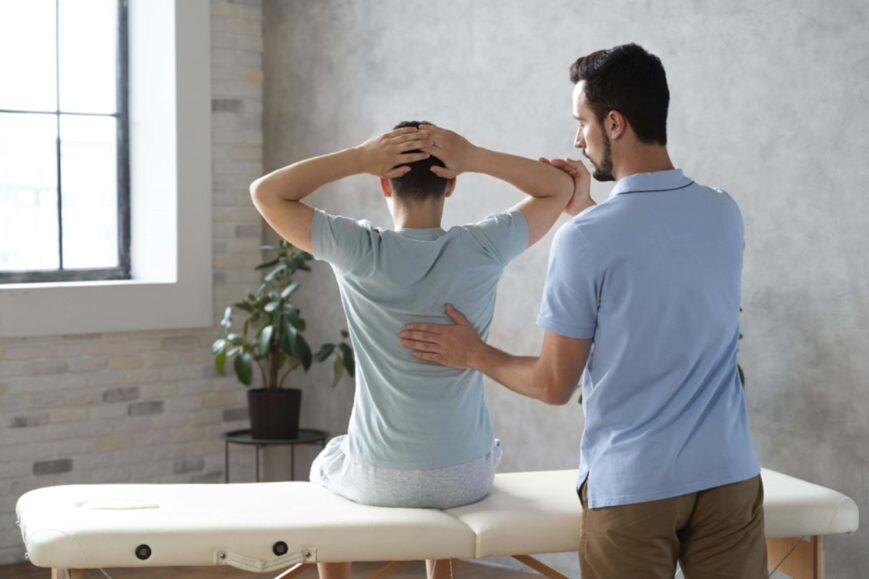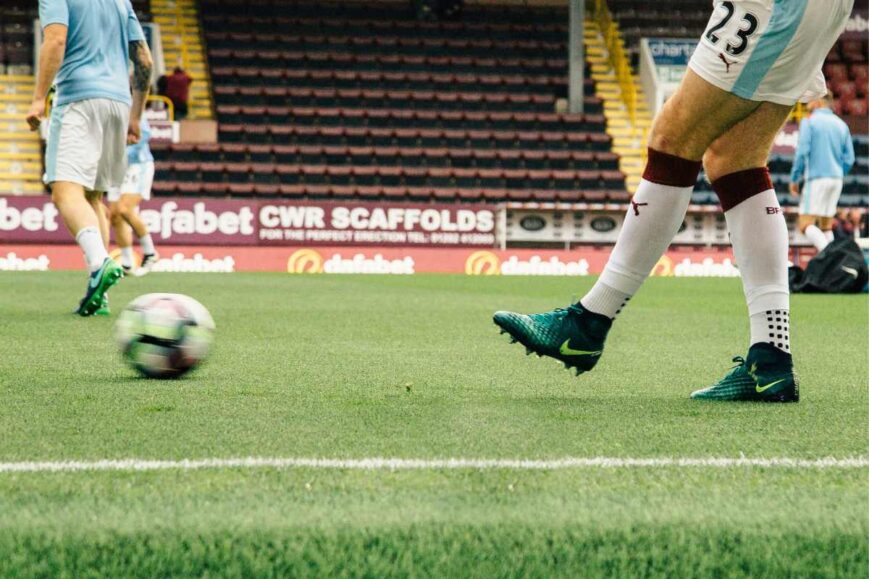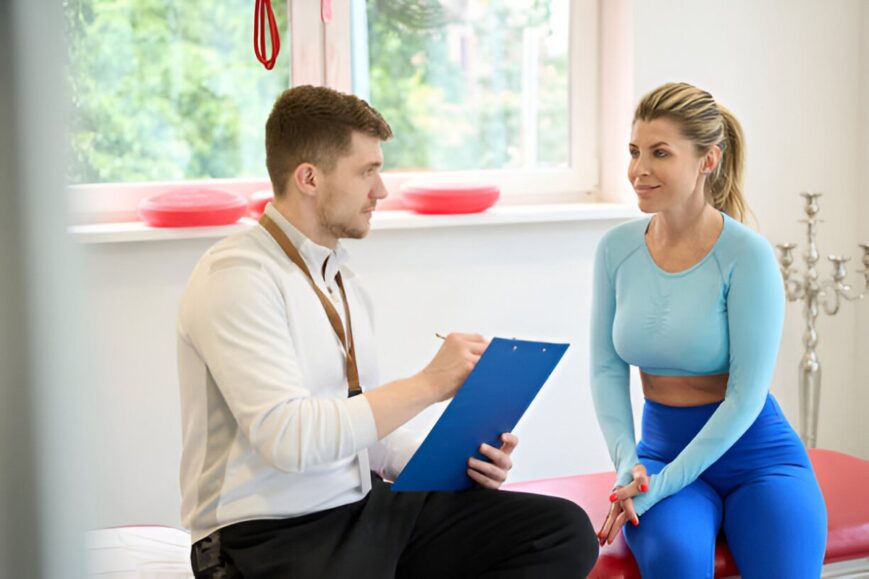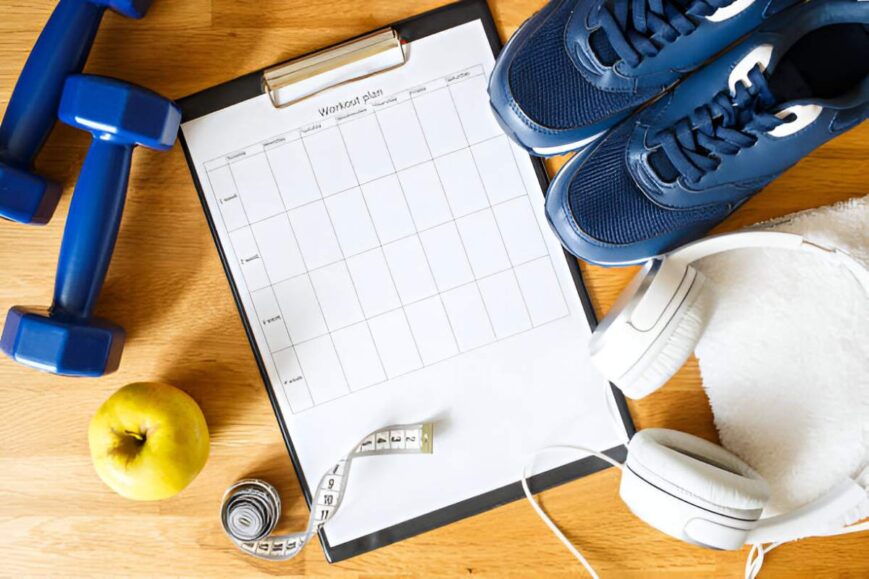Undertaking regular exercise is imperative in order to remain healthy while this is especially pertinent if you are looking to achieve a number of fitness objectives in a gym. Indeed, whenever you are looking for a gym coach in the city of Bangkok, there will be three essential factors that must consider to maximise the benefits of this type of personal training as well as ensure that you are able to achieve your fitness goals. Firstly, you should carry out an evaluation of the coach’s credentials and experience to ensure they possess the requisite knowledge and expertise to guide you towards your fitness goals. Secondly, it is essential to carry out an assessment of their coaching style and communication skills in order to determine whether their approach is aligned with your needs and objectives. Finally, you should consider their availability as well as their location to ensure that your schedule remains convenient and sustainable to you each and every time you train.
1. Personalised training plan
To begin with, one main benefit of hiring a gym coach in Bangkok is the personalised training plan that will be designed specifically to your fitness level, as well as the achievement of your objectives. Moreover, instead of following a generic workout routine, a coach will design a bespoke training plan that considers your strengths, weaknesses and objectives while this tailored approach to fitness ensures that you can maximise your efforts in every session, preventing wasted time and avoiding potential injuries.
2. Motivation and accountability
The second significant benefit of working with a gym coach in Thailand is the motivation and accountability that they can provide, while a fitness coach will ensure that you remain disciplined during your training sessions by setting achievable goals as well as tracking your progress. Additionally, their presence can help to develop a sense of responsibility, especially because they will hold you accountable for your performance while this approach towards fitness training helps to create a strong sense of commitment, making it easier for you to maintain consistency and stay on course to achieve your fitness goals.
3. Maximise efficiency
The last major benefit of hiring a coach to work with you in a gym is the ability to maximise efficiency in your training plan. Additionally, a qualified and experienced fitness coach will provide you with professional insights that can enable you to optimise your workouts by selecting the most suitable exercises, adjusting intensity levels and ensuring proper execution each and every time you train.
- Personalised training plan
- Motivation and accountability
- Maximise efficiency
Therefore to conclude, hiring a professional gym coach is a strategic decision that can provide you with several benefits when it comes to the achievement of your fitness objectives, while a personalised training plan can ensure that each exercise tailored to your needs. Furthermore, the motivation and accountability that is provided by a gym coach can help you to maintain consistency during your training regime while given their level of knowledge and expertise you can train efficiently, maximising your results and minimising the potential risk of injury.


